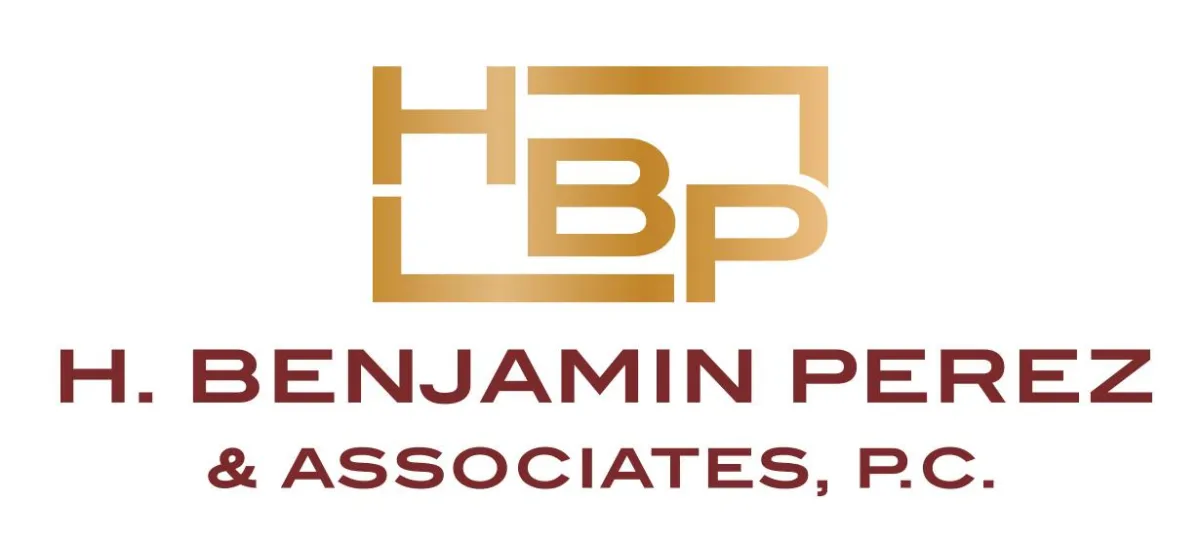Conspiracy/White Collar Crimes in NYC
NYC Conspiracy Defense Lawyer
Conspiracy Charges Under New York Penal Law Article 105
Conspiracy is defined under New York Penal Law Article 105. Conspiracy in the Sixth Degree is the criminal act of agreeing with one or more persons to engage in criminal activity; it is classified as a Class B misdemeanor. To be found guilty of this offense, it must be shown that the defendant had the intent—either through conscious objective or purpose—to commit the crime.
Importantly, lack of awareness about the criminal nature of the agreement is not considered a valid defense. Additionally, not all parties involved in the conspiracy need to be found guilty for one person to be convicted.
Elements Required to Prove Guilt
To convict someone of conspiracy, the following must be proven:
The defendant agreed to commit a crime with one or more persons;
The defendant entered into the agreement with full intent to participate;
The defendant committed at least one related allegedly overt act in furtherance of the conspiracy.
Degrees of Conspiracy Under Article 105
New York law recognizes several degrees of conspiracy based on the severity of the intended crime and the involvement of minors:
Conspiracy in the Fifth Degree: Conspiracy to commit a felony, or to commit a crime with a minor under the age of 16. This is a Class A misdemeanor.
Conspiracy in the Fourth Degree: Conspiracy to commit a Class B or C felony, commit a felony with a minor under 16, or engage in money laundering. This is a Class E felony.
Conspiracy in the Third Degree: Conspiracy to commit a Class B or C felony with a minor under the age of 16. This is a Class D felony.
Conspiracy in the Second Degree: Conspiracy to commit a Class A felony. This is a Class B felony.
Conspiracy in the First Degree: Conspiracy to commit a Class A felony involving a minor under 16. This is a Class A-I felony.
Arrested for Conspiracy? Under Investigation?
When a defendant is accused of conspiracy in conjunction with any white collar crime, he or she may face criminal charges for both offenses. This applies in situations where one or more persons conspire to commit fraud or another white collar offense and subsequently succeed in carrying out the act. These individuals may be at risk of facing criminal charges for both conspiracy and the underlying criminal act committed.
Even if the intended crime is unsuccessful, the individuals involved may still face conspiracy charges.
Whether charged as a standalone offense or in conjunction with the underlying crime, a conspiracy conviction may carry serious consequences. That is why it is crucial to act immediately and involve a NYC criminal defense attorney who can competently handle your case.
In New York, a conviction for conspiracy may result in up to 25 years in state prison, depending on the circumstances of the offense. If the conspired act is actually carried out, the defendant may face an additional sentence for the offense itself, based on the penalties outlined under the New York Penal Code.
Hire Our NYC Criminal Defense Lawyer
With a lawyer involved to handle all aspects of your case, you have the invaluable opportunity to challenge your conspiracy charges and potentially avoid a conviction—or at the very least, avoid the maximum penalties that could drastically impact your life. You may have been accused of conspiracy in connection with RICO violations, counterfeiting, fraud, identity theft, or a similar white collar offense.
What Sets Us Apart?

Accessible to Clients 24/7 for emergencies only

Career Trial Lawyers & Professional Litigators

A Long Track Record of Positive Verdicts

Recipient of Avvo Clients' Choice & 10.0 Superb Awards




